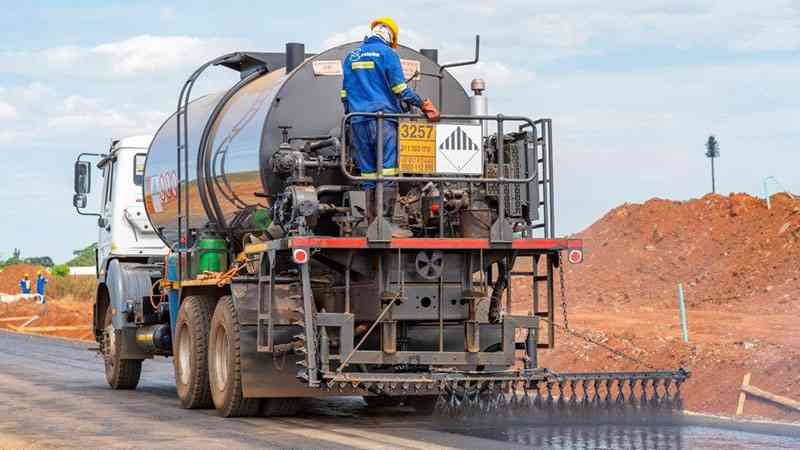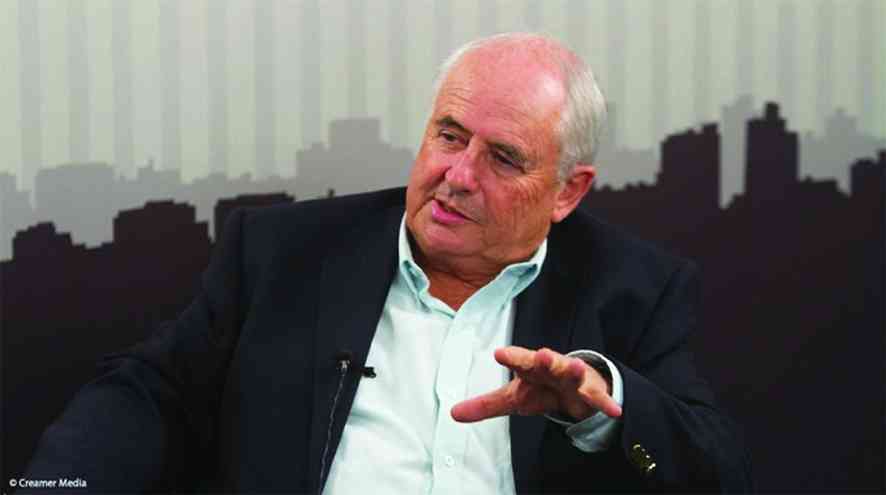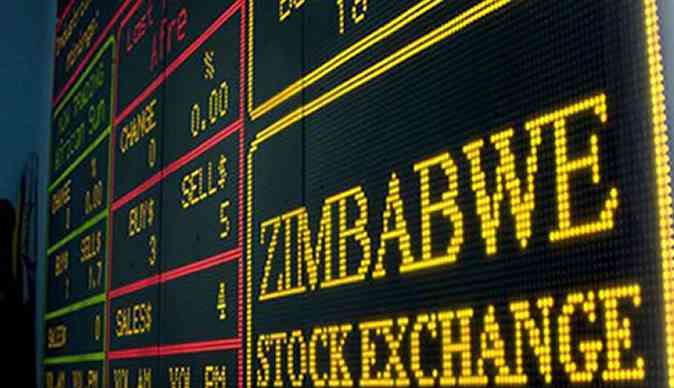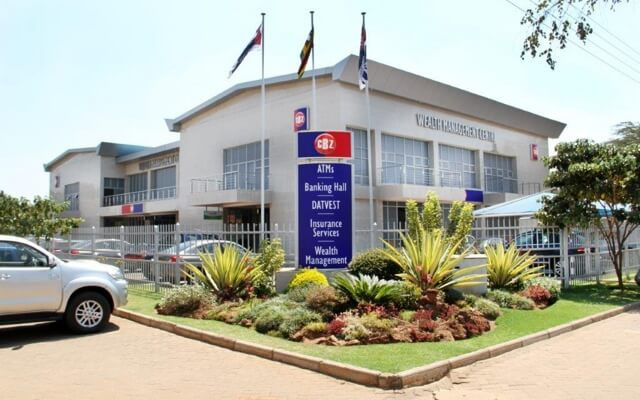
Southern and central Africa will have to negotiate with countries that possess excess power generating capacity and those battling supply shortages in three to five years, Standard Bank has said.
BY BUSINESS REPORTER

Mozambique, which currently has the potential to produce more electricity than its economy requires at present, is expected to dominate the supply-side of this trading market with Namibia, Zambia and Botswana expected be the main purchasers in the region, after South Africa.
The biggest challenge to these arrangements will be reliable and stable transmission networks to facilitate the seamless transfer of electricity between sellers and purchasers.
In a statement yesterday, an executive at Standard Bank’s Power and infrastructure division, Cody Aduloju said power will become a tradable commodity very soon.
“Power will increasingly become one of the most tradable commodities across the region in the coming years given the electricity shortages we are seeing across Southern Africa. Almost every aspect of a modern economy relies on electricity to function so the countries that emerge as the ones with excess supply will have significant negotiating power, so to speak,” he said.
Aduloju said Cahorra Bassa in Mozambique has an installed capacity of 2 075 Megawatts (MW) of power or around 73% of the country’s installed generating capacity.
Mozambique has the potential to expand the existing capacity of the Cahorra Bassa hydro facility by approximately 60% provided it can attract the necessary investment.
- Chamisa under fire over US$120K donation
- Mavhunga puts DeMbare into Chibuku quarterfinals
- Pension funds bet on Cabora Bassa oilfields
- Councils defy govt fire tender directive
Keep Reading
The country already supplies approximately 1 349MW to South Africa, 100MW to Zimbabwe and 50MW to Botswana each year. Mozambique has recently begun supplying 100MW to Zambia, where there is a shortage of power due to low water levels at Kariba Dam.
Networks will require significant co-operation between neighbouring countries, so the role of the Southern African Power Pool (Sapp) in ensuring cross-border planning, investment and trading between member states remains critical.
Sapp has since inception facilitated the regional power trading framework by ensuring reliable and economical electricity supply across the region. Its members include utilities and private power producers from Botswana, South Africa, Mozambique, Lesotho, the Democratic Republic of Congo (DRC), Zimbabwe, Zambia, Namibia, Swaziland and Malawi.
“It is unlikely that any country in Africa will have sufficient power generating capacity in the foreseeable future, so it is absolutely imperative that the continent consider an adequate power trading mechanism in addition to investments in generating infrastructure,” Aduloju said.
“The bottom line is that for as long as the electricity shortage in Africa persists, the negotiating power will remain in the hands of countries that have the capacity to produce.”











